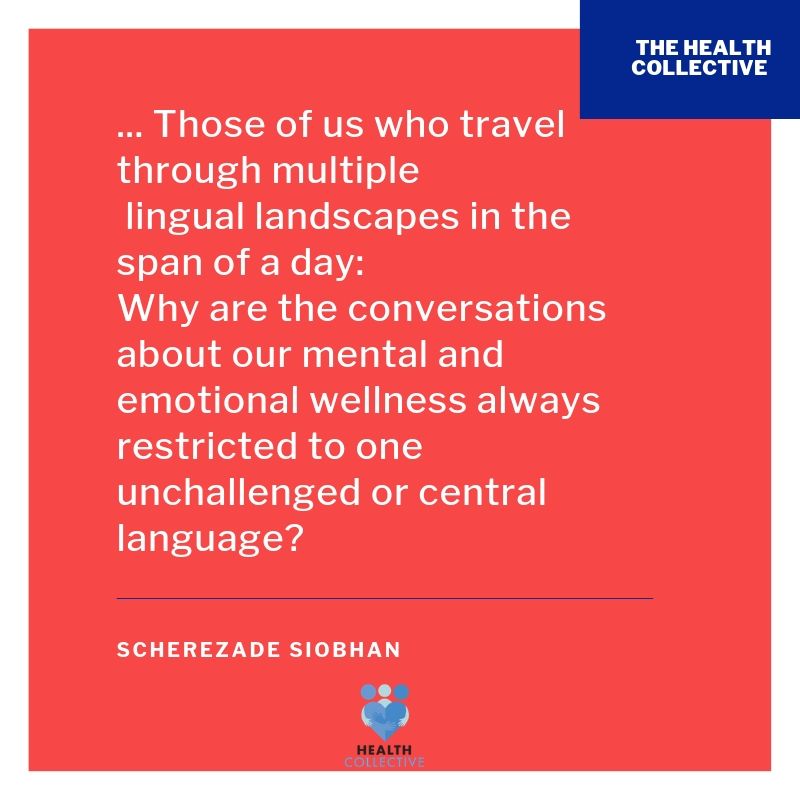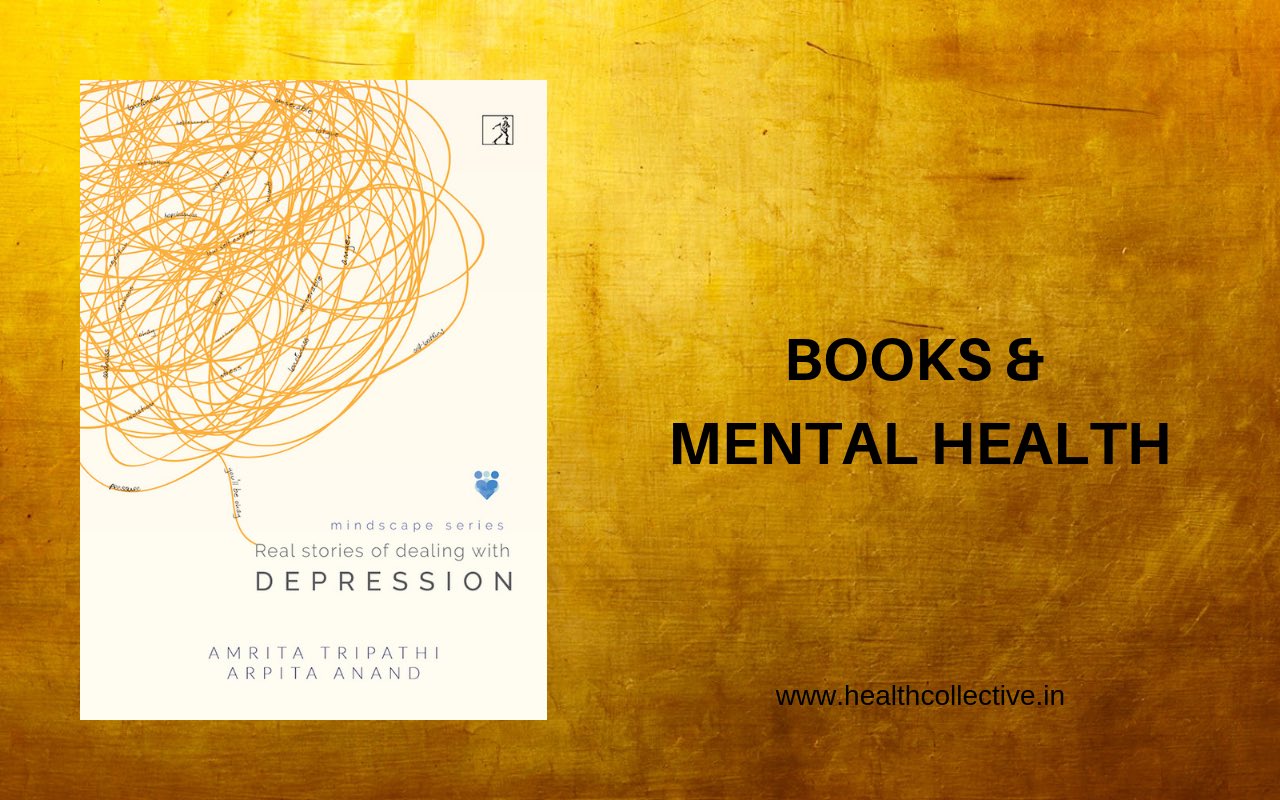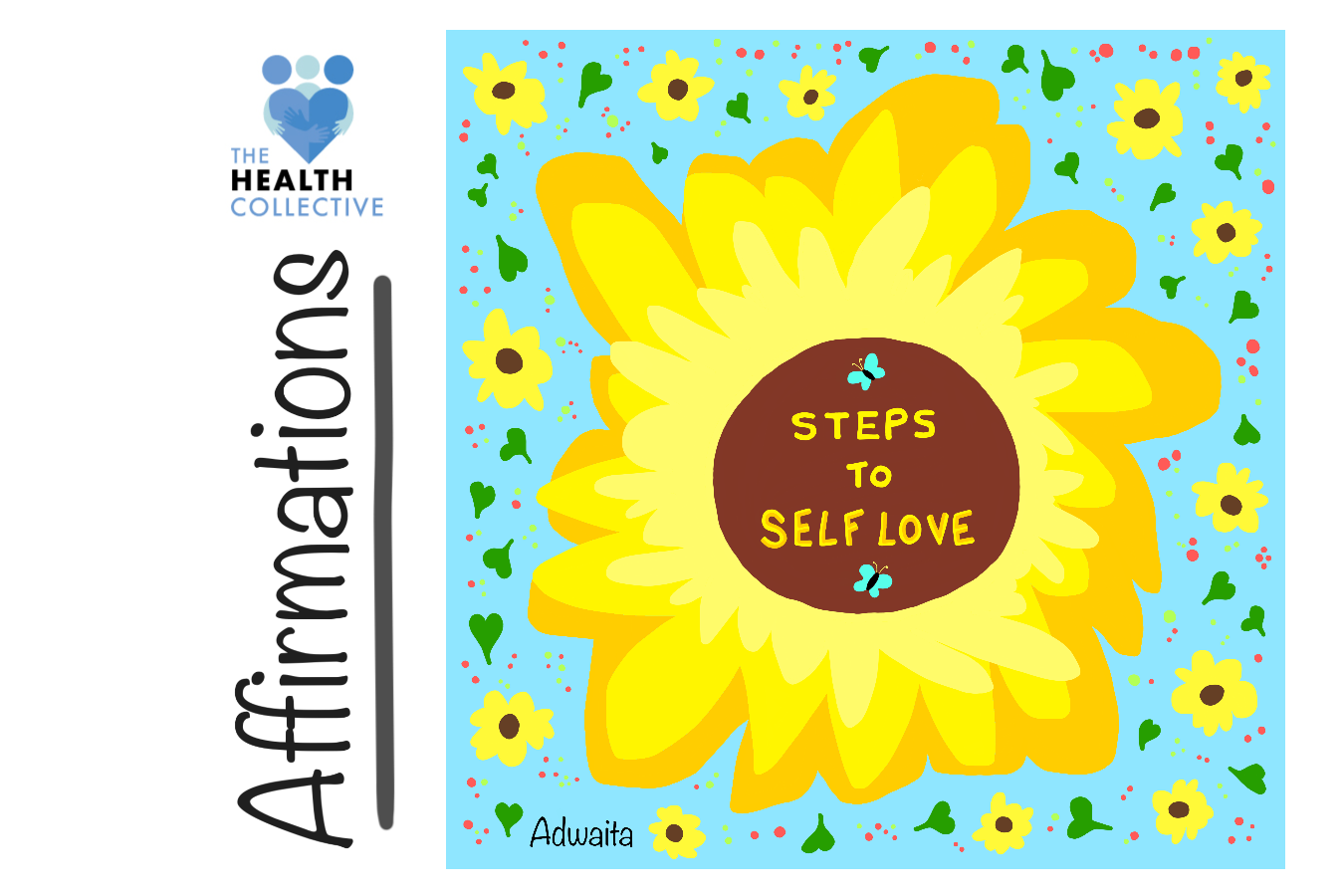Wellness by any Name: Of Language and Expression
By Scherezade Siobhan
I must start with a confession― I used to detest those listicles that courted the allure of ‘untranslatable’ words from ‘foreign’ languages. Partly because a lot of them were poorly structured, also because I found them teetering at the hem of cultural appropriation.
The idea that something is being deemed ‘foreign’ from a purely white gaze felt unsettling. However, as my repertoire of translated books grew, so did my love of difficult-to-access language. In particular, language that held inexhaustible emotional undercurrents but refused easy translations. The other day, I asked folks on Twitter to hit me up with their favourite endearment in their favourite language/s. The response thread was sui generis resplendence.
Such gems as ‘mi media naranja’, a cheeky Spanish term that quite literally means “the other half of my orange” and ‘frangolina’, which adorably translates to “my little strawberry” popped up quickly on my timeline.
ALSO READ: CHOOSE YOUR WORDS WISELY: ON MELANCHOLY AND SADNESS
Among them was a Turkish expression that particularly struck my imagination― ‘canım benim’, provided by my friend and fierce Kurdish poet Pinar Yasar. It roughly translates into “the source of my life”. I was enamoured by its coupling of lucidity and intensity. It got me thinking about those of us who travel through multiple lingual landscapes in the span of a day: why are the conversations about our mental and emotional wellness always restricted to one unchallenged or central language? What if there are unknown words, phrases awaiting discovery― an escritoire of sorts filled with unsealed letters we haven’t read yet?
So, I went looking for ‘foreign words’ (foreign to me, at least) that can sometimes capture certain moods, affects and feelings that might not find sufficient instrumentality in the language we are accustomed to on a daily basis. I wanted to recognise that just because we haven’t found a way for expressing a state of being or feeling in one language, doesn’t invalidate its existence, because it can exist and thrive in another language. When we learn of this, it might make us feel more at home with our own feelings.

- Torschlusspanik (German): Literal Translation: Gate-shut-panic — a sort of FOMO if you will. Mostly used as an indication of a mid-life crisis, this word roughly decodes to the fear that the time to act is running out and you haven’t accomplished much. In a generalised way, it alludes to the anxiety of diminishing opportunities as one ages. A lot of people who experience the strength-sapping horde of anxiety and panic often feel that they will not have enough time to achieve anything substantial in their lives. This can sometimes turn into a vicious catch 22 because the anxiety then keeps an individual from actualising what they intended to do. While there are clinical criteria to define and particularise an anxiety based dissonance, a word such as ‘torchlusspanik’ can perhaps slacken the grip of pathology, which has its own repressive foreboding. It sheds light and helps rewire our belief that the gate we fear being shut isn’t the only gate available to us; or that age might feel linear in progression but life belongs to the depth of our hours, not always their breadth.
- Wabi-Sabi (Japanese): Wabi-sabi stands for a form of awareness that things in this world are imperfect, incomplete and impermanent. It can be perceived as a form of freedom to create without being chained; the subtle knowledge that objects, relationships, emotions do not have fixed or indestructible trajectories. We can find a sense of release and acceptance in this. This concept struck a strong note with a client of mine who has been offered the diagnosis of BPD where one of the characteristics is an unstable emotional regulation. During a discussion, she remarked how ‘wabi-sabi’ had slowly come to be a chant for resetting her path when she felt like she was edging towards her tipping point in conflicts. I had mentioned to her how the words wabi and sabi originally are very differently placed in Japanese language. ‘Wabi’ represented that which was new, simple and current. ‘Sabi’, on the other hand, speaks of beauty that is rooted in age, experience and the ability for repair. This can be quite symbolic of those phases where manic or excitation based responses emerging from the present moment might challenge our sense of restraint and calm. But if we can bring ourselves to recognise that in order to strike a balance, we have to negotiate with both sets of energies and allow each to meet the other, midway, we can find the breathing space we need.
ALSO READ: MORE BY SCHEREZADE SIOBHAN
- Toska (Russian): A sensation of great spiritual anguish, often without a specific cause; a longing with nothing to long for. Famed novelist Nabokov once said: “No single word in English renders all the shades of ‘toska’. At its deepest and most painful, it is a sensation of great spiritual anguish, often without any specific cause. At less morbid levels it is a dull ache of the soul, a longing with nothing to long for, a sick pining, a vague restlessness, mental throes, yearning. In particular cases it may be the desire for somebody of something specific, nostalgia, love-sickness. At the lowest level it grades into ennui, boredom.” This word has always held personal meaning for me because I deal with a major depressive disorder and it impairs my scale for sadness, grief and apathy. It subtly asserts how sometimes a blue ache can surpass our best intentions to not slip into its lowest registers without any immediate trigger or stressor. I also felt relieved because of the idea that my insensible weakening into ennui was not a whole new chapter but a continuation of the same scale. It made me feel like I wasn’t being bombarded with multiple problems. Just a single running line that got grey and dark at different times.
- Saudade (Portuguese): This term is more widely known and still incredibly difficult to pin down. Alexandra Bracken comes fairly close to simplifying it by admitting that there’s no perfect definition or translation for this immaculate word. “It is more of an expression of feeling-of terrible sadness. It is the feeling you get when you realise something you once lost is lost forever, and you can never get it back again.” Prolific Argentinian writer, Jorge Luis Borges once wrote how sometimes, while walking a street during dusk, there is a skulking melancholy that surrounds us with the awareness that this present time won’t be coming back again, ever. Saudade’s closest interpretation is ‘missingness’, without specificity or a clear recognition of what we are missing. It is, however, not all about loss or grief: “Saudade is the recollection of feelings, experiences, places, or events that once brought excitement, pleasure, well-being, which now triggers the senses and makes one live again.” This in turn allows us to see that while we miss and yearn for that which is gone now, it is also a testament to how we once lived through something remarkable and splendid that holds such enchantment over our memory. And we have the capacity to create more of this enchantment if we focused on what we have with us today, here, now.
French psychoanalyst Jacques Lacan had mentioned that the unconscious is structured in language.
Just as Black American writer, poet, academic and activist Audre Lorde stated rather clearly:
“I have come to believe over and over again that what is most important to me must be spoken, made verbal and shared, even at the risk of having it bruised or misunderstood.”
Sometimes when it comes to expressing our feelings, the closeness we might feel to a slightly translucent word might offer greater insight than clearly stacked clinical vocabulary.
Disclaimer: Material on The Health Collective cannot substitute for expert advice from a trained professional
About the Author: Scherezade Siobhan is the founder of The Talking Compass — a therapeutic practice that provides in-person, at-home and online counselling for people who need help with emotional and mental health. She is the creator and curator of The Mira Project, a global dialogue on women’s mental health, gendered violence, and street harassment.
You can read Part 1 of her series on GASLIGHTING here.
Photo by Steve Halama on Unsplash



